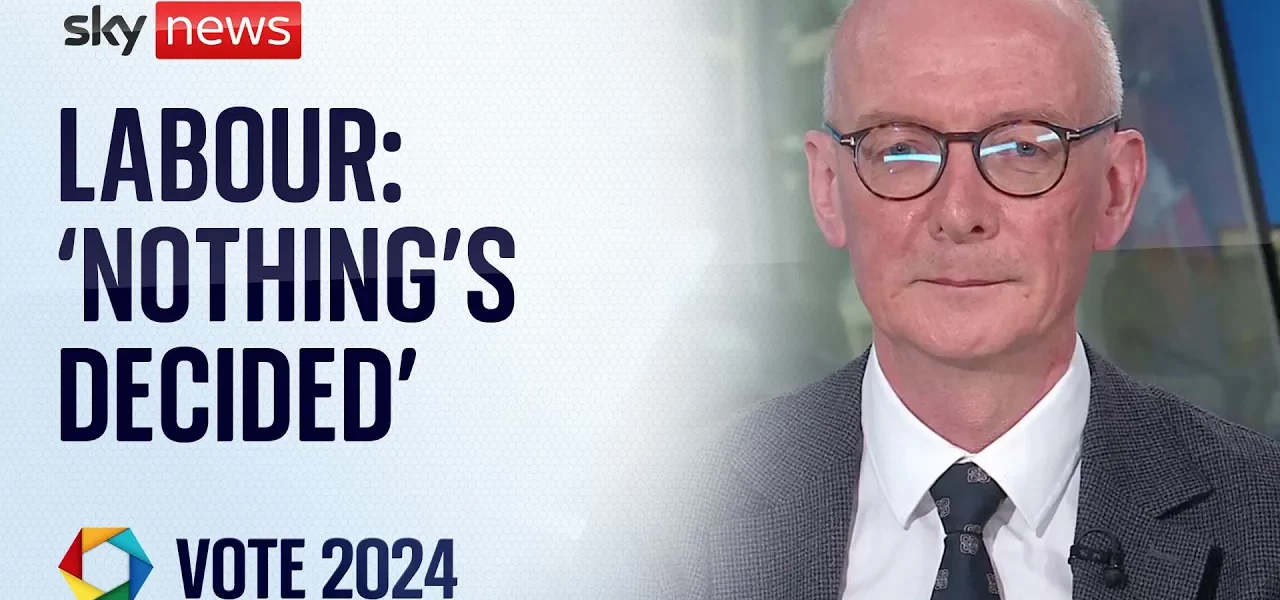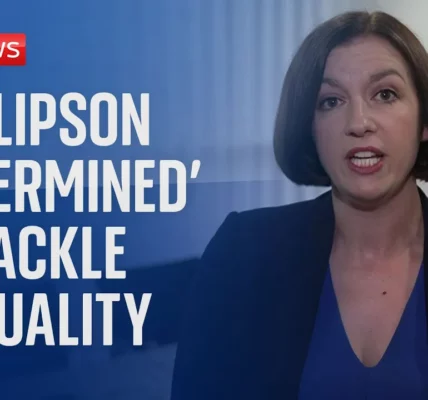UK Election Announcement: An In-Depth Analysis

The recent announcement of an upcoming UK election has sparked widespread discussion and analysis. With the Prime Minister’s unexpected timing and the Labor Party’s strategies, this article delves into the key points that will shape the political landscape in the coming weeks.
Introduction
The political climate in the UK is charged with anticipation as the Prime Minister has called for an election earlier than many expected. This decision comes amidst ongoing debates about policy effectiveness and public trust. The Labor Party, under new leadership, is preparing to present its vision for change to the electorate. This article explores the implications of this election announcement, the strategies employed by the Labor Party, and the pivotal issues that will influence voter decisions.
The Timing of the Election Announcement
The timing of the election announcement has raised eyebrows among political analysts and the public alike. Initially, it was anticipated that the Prime Minister would wait until autumn to call for elections, reflecting a strategy that relied on an improvement in public sentiment. However, the decision to proceed now suggests a lack of confidence in future prospects.
Public Perception and Polling
Polling data leading up to the announcement indicated fluctuating levels of support for the governing party. Key points include:
- Historical trends showing significant swings in voter sentiment.
- The importance of not becoming complacent based on current polling.
- Voter engagement strategies that the Labor Party plans to implement leading up to election day.
Labor’s Strategy for the Election
The Labor Party is gearing up to fight this election with renewed vigor and a clear message of change. The leadership has undergone significant transformations since their last electoral defeat, and this reshaping is critical for regaining public trust.
Key Changes within the Labor Party
Some of the notable changes include:
- A shift in leadership aimed at presenting a united front.
- New policies that resonate with modern voter concerns.
- A commitment to prioritizing the needs of the country over party politics.
Engaging Voters
Labor’s approach to engaging voters will focus on addressing pressing social issues and providing clear solutions. Strategies include:
- Community outreach programs.
- Public forums to discuss local issues.
- Targeted messaging that aligns with voter priorities.
Controversial Issues: Policy Towards Gaza and Palestine
One of the most contentious issues facing the Labor Party is its stance on the situation in Gaza and the broader Middle East. This policy may impact their support among Muslim voters.
Position on Palestine
The leadership has expressed a commitment to recognizing Palestine as an independent state, with a focus on a two-state solution. Key challenges include:
- Addressing public concerns about Israel’s right to defend itself while advocating for Palestinian statehood.
- Communicating this policy effectively to ensure voter understanding and support.
Voter Reactions and Concerns
Voter concerns regarding this policy may manifest in various ways, including:
- Questions about the speed of implementing recognition of Palestine.
- Concerns over how this stance aligns with broader foreign policy goals.
- The importance of addressing voter apprehensions directly during campaign events.
Legislation and Governance
As the election approaches, there are significant legislative issues that the current government must address. The Labor Party’s plans for these issues will be critical in swaying undecided voters.
Key Legislative Priorities
Among the legislation that needs attention are:
- Blood Scandal legislation aimed at addressing historical injustices.
- Security measures for public venues, known as Martin’s Law.
- Comprehensive plans for the post office and other critical services.
Cross-Party Collaboration
The approach to governance will emphasize collaboration across party lines to ensure that essential legislation is passed, regardless of the election outcome. This includes:
- Engaging with opposition parties to find common ground.
- Prioritizing public safety and welfare in legislative discussions.
Conclusion
The upcoming UK election represents a critical juncture in the political landscape. With the Labor Party focused on presenting a clear vision for change, addressing controversial issues, and engaging with voters effectively, the next few weeks will be vital in shaping the outcome. As voters prepare to make their decisions, it is imperative to consider the implications of each party’s policies and the direction they propose for the country. We encourage readers to stay informed and actively participate in the electoral process to ensure their voices are heard.
“`




